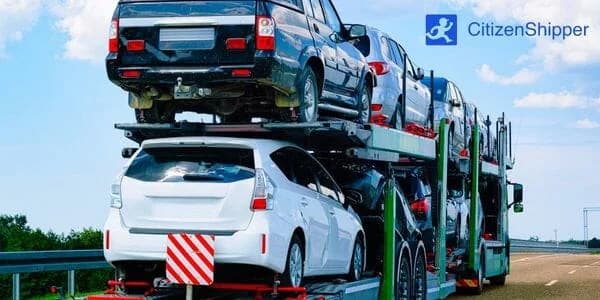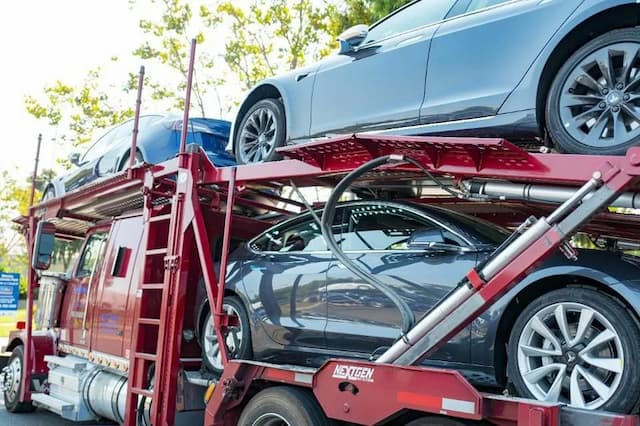Navigating Car Transport in Tampa, FL
When it comes to shipping your car in Florida, there's a world of factors to consider. Florida, with its unique coastal geography, hurricane seasons, heavy tourist traffic, and urban challenges, presents a distinct set of circumstances. But don't worry! Here at CitizenShipper, we are committed to helping you navigate through it all. Whether you're moving into or out of Tampa or need to transport your car for any reason, our expert team is here to help.
Florida's Vehicle Transportation Laws & Regulations
In Florida, car transportation laws and regulations are in place to ensure the safety and preservation of all vehicles and public roadways. Auto transporters must adhere to the Federal Motor Carrier Safety Administration (FMCSA) regulations for safety. Compliance involves ensuring that all vehicles are properly secured during transport and maintaining necessary documents for every shipped vehicle.
All auto transporters operating in Florida must also possess an active MC Docket number, issued by the FMCSA. This number signifies that a transportation company is registered under the federal government, allowing them to legally operate across state lines. Additionally, Florida requires transporters to carry cargo insurance and liability coverage to protect vehicles during transit.
Weather & Terrain Considerations in Tampa, FL
Weather patterns in Tampa, FL have a significant impact on car shipping. With a humid subtropical climate, anticipate hot, humid summers with frequent afternoon thunderstorms and mild, relatively dry winters. The Tampa Bay area is also vulnerable to hurricanes during the Atlantic hurricane season (June through November), which can cause significant delays and route changes for auto transporters.
Tampa's terrain is predominantly flat, making it generally accessible for auto transport vehicles. However, the city's coastal location means transporters must navigate numerous bridges and waterways. During peak tourist seasons (winter months and summer holidays), Tampa's roads can become congested, particularly on major highways like I-275, I-4, and I-75. Planning your vehicle shipment outside these peak travel times can help avoid delays and potentially reduce costs.








